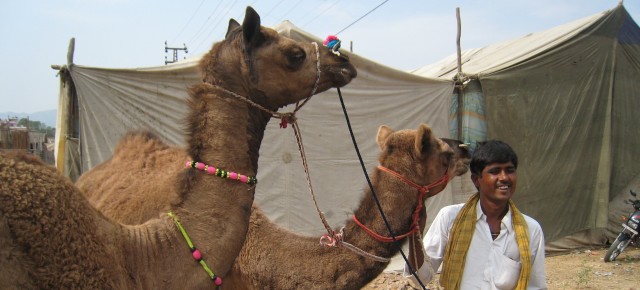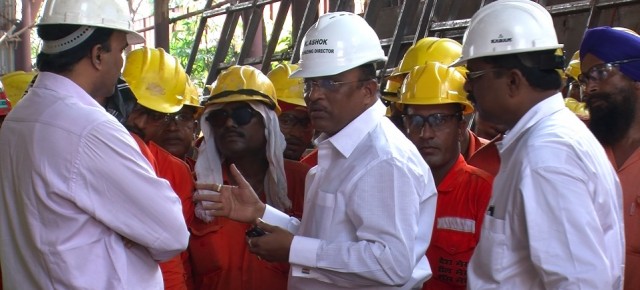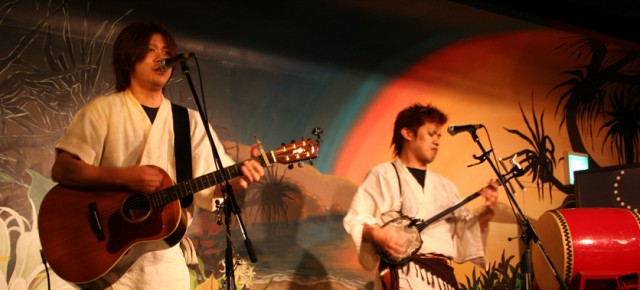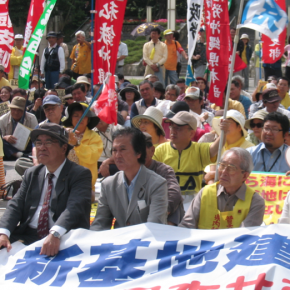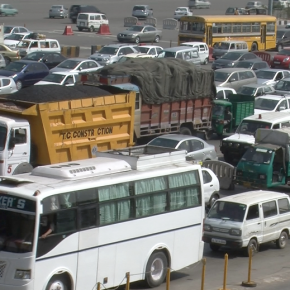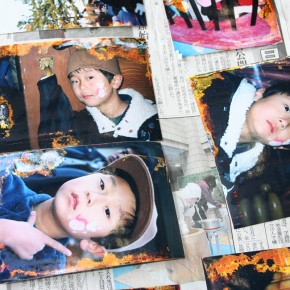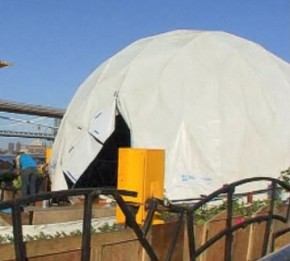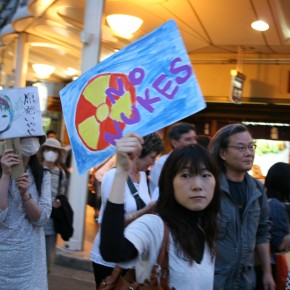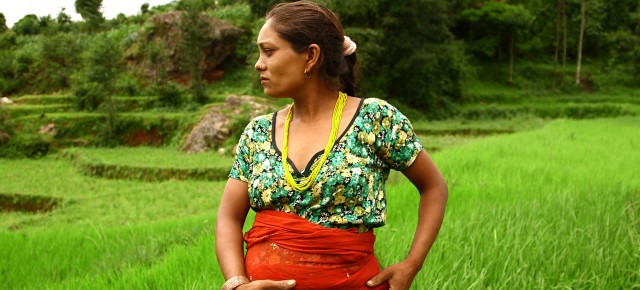
Seven months pregnant and working in the fields, BBC/PRI’s The World
For farm women in Nepal, pregnancy brings no respite from hard physical labor. What is being done to give them a much-needed rest? Radio story and short film produced and reported by Sonia Narang.

